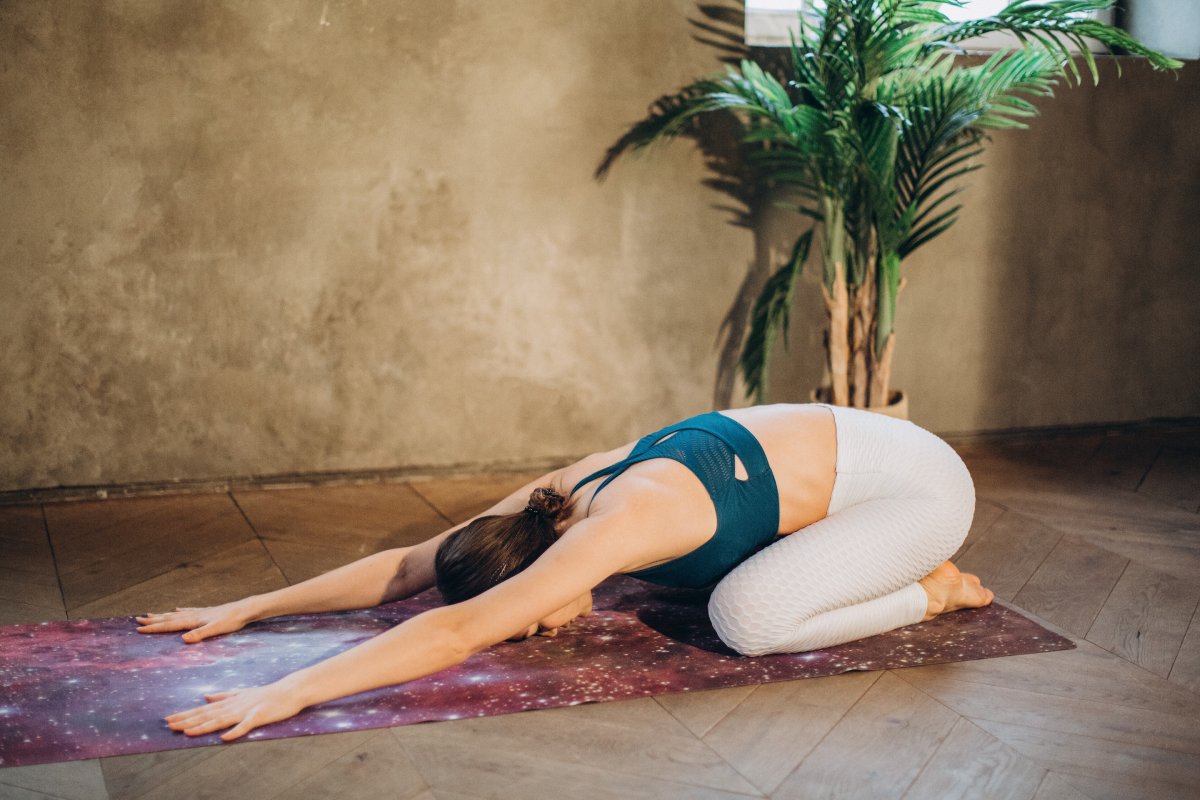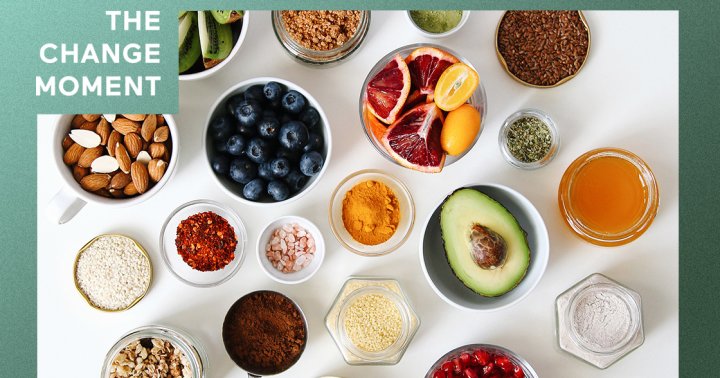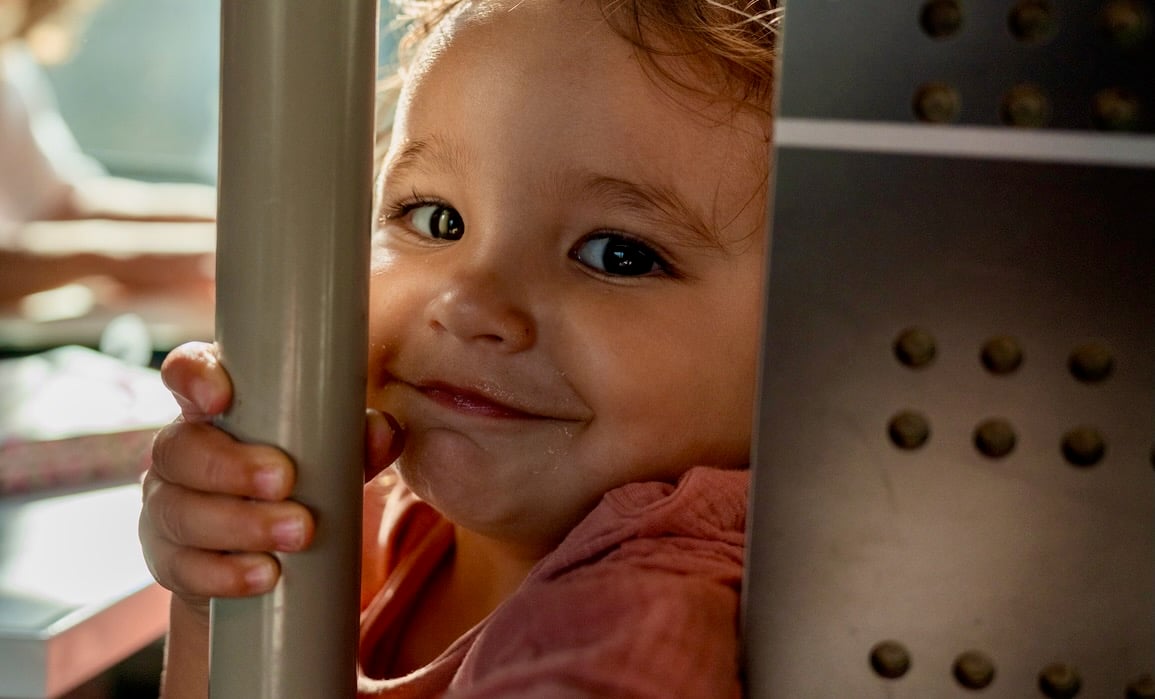This Neuroscientist MD Used To Struggle To Sleep—Until He Started This Routine
Here's what you'll find on his nightstand.


Neuroscientist & Psychiatrist
Neuroscientist & Psychiatrist
Dave Rabin, MD, Ph.D., is a neuroscientist, board-certified psychiatrist, health-tech entrepreneur, and inventor who has been studying the impact of chronic stress in humans for over 15 years. He received his MD in medicine and Ph.D. in neuroscience from Albany Medical College and specialized in psychiatry with a distinction in research at Western Psychiatric Institute & Clinic at the University of Pittsburgh Medical Center. He is the co-founder & chief innovation officer at Apollo Neuroscience, which has developed the first scientifically-validated wearable technology that actively improves sleep, relaxation, focus, and calm, using a novel touch therapy that signals safety to the brain. Dr. Rabin is the Executive Director of The Board of Medicine & the Medical Director of the Apollo Clinic.
Graphic by mbg creative x Jonathan Borba / Pexels December 21, 2022 Our editors have independently chosen the products listed on this page. If you purchase something mentioned in this article, we may Our sleep series, The Wind Down, provides a minute-by-minute peek into the wind-down routines that get well-being experts ready for bed. Today, we're relaxing with neuroscientist and board-certified psychiatrist Dave Rabin, MD, Ph.D. who relies on calming music and smart technology to help him get a great night's sleep.
Advertisement
This ad is displayed using third party content and we do not control its accessibility features.
As a child, I had a lot of very vivid dreams. Many of them were enjoyable or neutral, but some of them were nightmares that were very scary at the time. Because of this, I really didn’t like sleeping because I was scared to be alone in the dark. Then, when I was about 10 or 11, I taught myself how to breathe my way to sleep. I started breathing the way that I thought I breathed when I slept by listening to other people breathe when they were asleep (long slow inhales and exhales). This really helped me start to get better sleep each night and fall asleep more quickly. I also fell asleep to classical music a lot, which was helpful. Medical school was the next phase of life that really taught me how to get to bed—anytime, anywhere I could. But my sleep wasn’t as deep or restorative because I was always falling asleep a little worried that I was going to be called to attend to an emergency situation. It took several years after I was no longer the ‘on-call doc’ to be able to fall asleep without this worry, which definitely made my sleep depth and quality much better because I felt safe enough to let myself go deep. Nowadays, I typically get my best sleep after a good workout or long bike ride, and on Friday and Saturday nights when I don’t have a lot of responsibilities the next day. My biggest barriers to sleep are not moving enough during the day, having unfinished work on my mind, and working too late without a proper wind-down. A good night’s sleep allows me to safely push the limits of what I thought I was capable of a little more every day without fear. It also gives me the energy to be grateful for the challenges that help me grow into a better, stronger person. This ad is displayed using third party content and we do not control its accessibility features. 7 p.m.: It’s a weekday night and I’m closing my computer to start to get into a wind-down mindset after a busy day. 7:30 p.m.: I turn on one of my favorite playlists, set my Apollo wearable to Social & Open, get into the kitchen, pour myself a big glass of water and cook something really delicious, healthy, and well-deserved. I get real hungry after working all day, especially when I get in a bike ride! 9:30 p.m.: I finish dinner, tidy up the kitchen, and start winding down for bed. 10:00 p.m.: After cleaning up the house a little bit and doing 15 minutes of meditative stretching, it’s time to wash up for bed. 10:28 p.m.: I set my Apollo wearable to Relax & Unwind to wind me down into sleepy mode, step into the bathroom to floss, brush my teeth, wash my face, and moisturize my skin. 10:46 p.m.: Finally time for my favorite moment of the day: reading before bed. My favorite book lately has been The Four Agreements by Don Miguel Ruiz. Every time I read it, I learn something new and it’s extremely helpful for the work that I do with my clients. 10:55 p.m.: Eyes are just about too heavy to keep reading. Just need to get under the covers and…. zzzz… 6:00 a.m.: Wake up to the gentle hummm of Rebuild & Recover coming from my Apollo wearable on my ankle. This helps me wake up without waking my partner… most of the time. Hopefully, I make it out of the bedroom without waking her up today :) This ad is displayed using third party content and we do not control its accessibility features.Advertisement
Advertisement

Dave Rabin, MD, Ph.D.
Neuroscientist & Psychiatrist
Dave Rabin, MD, Ph.D., is a neuroscientist, board-certified psychiatrist, health-tech entrepreneur, and inventor who has been studying the impact of chronic stress in humans for over 15 years. He received his MD in medicine and Ph.D. in neuroscience from Albany Medical College and specialized in psychiatry with a distinction in research at Western Psychiatric Institute & Clinic at the University of Pittsburgh Medical Center.
He is the co-founder & chief innovation officer at Apollo Neuroscience, which has developed the first scientifically-validated wearable technology that actively improves sleep, relaxation, focus, and calm, using a novel touch therapy that signals safety to the brain. Dr. Rabin is the Executive Director of The Board of Medicine & the Medical Director of the Apollo Clinic.
In addition to focusing on integration therapy, plant and natural medicines, couples therapy, and medicine-assisted psychotherapy, Dr. Rabin specializes in treatment-resistant mental illnesses including depression, anxiety, post-traumatic stress disorder (PTSD), psychosomatic disorders, personality disorders, chronic pain disorders, insomnia, and substance use disorders using minimal and non-invasive treatment strategies.
Dr. Rabin has always been fascinated by consciousness and our inherent ability to heal ourselves from injury and illness. His research focuses on the clinical translation of non-invasive therapies for patients with treatment-resistant illnesses like PTSD and substance use disorders. In addition to his clinical psychiatry practice, Dr. Rabin is currently conducting research on the epigenetic regulation of trauma responses and recovery to elucidate the mechanism of psychedelic-assisted psychotherapy and the neurobiology of belief.

 Astrong
Astrong 

































